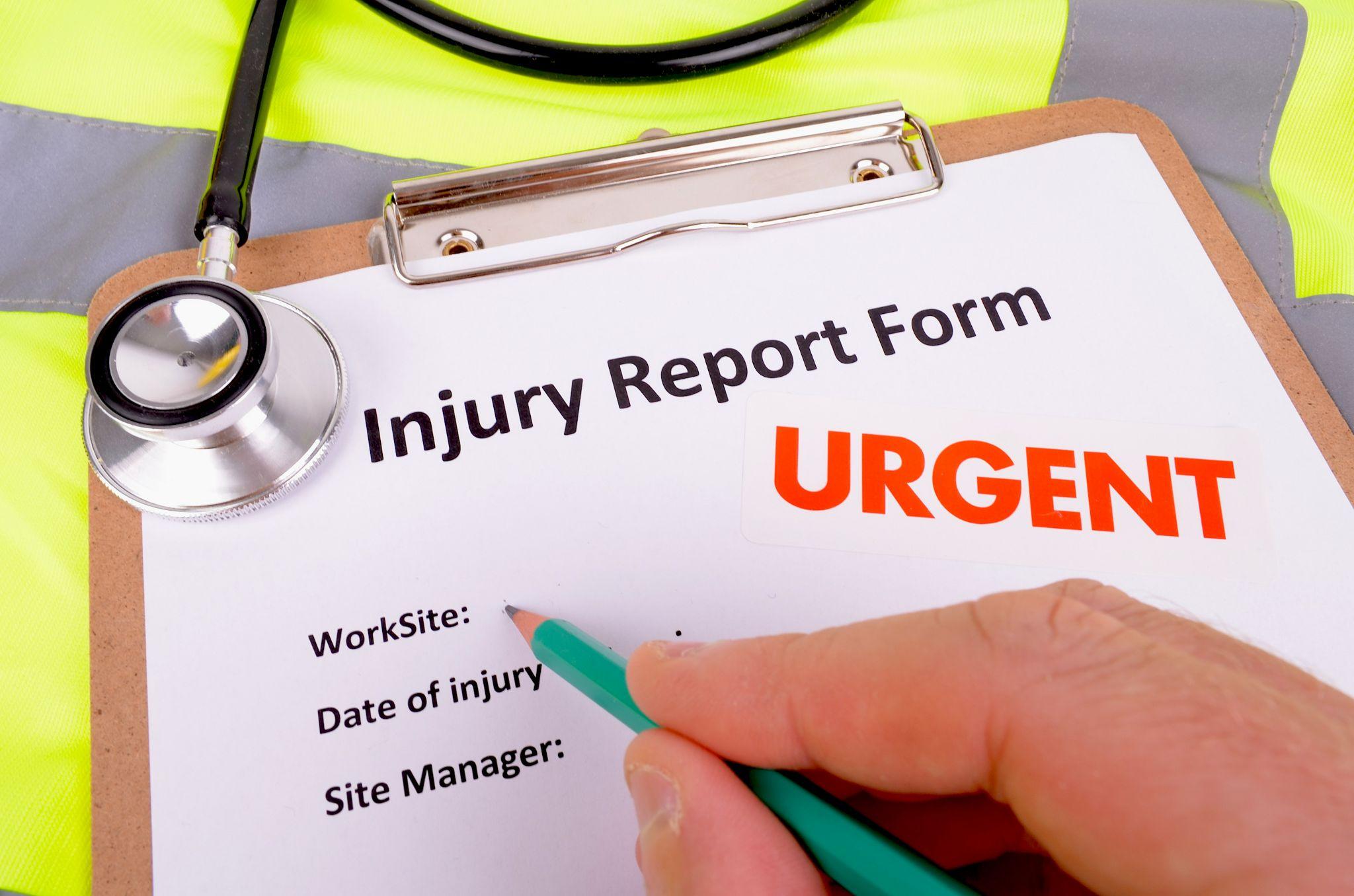Although working as a seaman on a ship or any type of maritime vessel can be a lucrative profession, it is inherently dangerous. Maritime workplace injuries happen frequently, especially when heavy machinery is involved.
If you suffer a serious injury on duty, you could face months of leave while you recover. That’s why an employer needs to report an injury on duty as soon as possible so you can receive the appropriate compensation and medical attention.
Have you been injured at work but it has not been reported to the relevant authorities? Here’s what you should know if your employer failed to report an injury on duty.
What Is the Right Reporting Procedure?
If you have been seriously injured because of an offshore accident or workplace mishap it is important to report the injury to your employer as soon as possible. By law, all maritime vessels must report any injuries serious enough to cause hospitalization to the Occupational Safety and Health Administration (OSHA) within 24 hours.1
Other injuries that must be reported to OSHA within 24 hours include:
- Amputations
- Loss of an eye
Why Is Timely Reporting Important?
Maritime laws are complicated. Submitting a claim can be a time-consuming process depending on the circumstances of the accident and the legal assistance provided to you. Reporting your injury and contacting a specialized lawyer can help you understand your options and legal rights.

By reporting your injury to your employer as soon as possible, you can ensure:
- Your legal rights are protected
- Your claim is less likely to be denied
- Your employer can act quickly to protect other workers
- You have time for a second medical opinion on your injuries if necessary
Penalties Imposed for Failure to Comply
On top of the compensation and benefits your employer may owe you for your injury, if you can prove your employer willfully failed to comply with OSHA health and safety standards, they may be liable for further penalties.
Any employer who willfully or repeatedly fails to comply with occupational safety and health standards or provide employees with a safe working environment may be fined between $5,000 and $70,000 for each willful violation.2
Maritime Workers’ Compensation Benefits
If you work as a seaman on a maritime vessel and suffered a serious injury you may qualify for Jones Act compensation.
According to the Jones Act, you may be eligible to receive compensation for:
- Medical bills
- Lost wages
- Lost earnings capacity
- Loss of enjoyment of life
- Pain and suffering which refers to non-economic negative effects of your injury
If you’re a maritime worker and your employer refuses to file a workers’ compensation claim for your injury, know that there are many options available for you to compel them to do so.
What To Do If Your Employer Does Not Report Your Injury
If your employer has not reported a workplace injury you should contact a qualified maritime lawyer before talking to your employer or any insurance company. Under no circumstances should you sign any documents offered to you by your employer or insurance without consulting with an experienced lawyer first.

If you’ve been injured and want to take action against your employer for not reporting your injury, it may be helpful to follow these steps:
- Seek medical attention
- Besides getting help for your injuries, seeking medical attention after a serious workplace accident will provide proof of the seriousness and extent of your injuries and prevent your employer’s lawyers from saying the incident was not as serious as claimed.
- Fill out a maritime accident report
- You should complete an accident or incident report as soon as possible after your injury has been attended to. If you fail to report an injury to your employer in a timely manner they may later deny you medical treatment and compensation for time taken off from work.
- Seek legal advice
- Your employer may give you paperwork to sign after reporting an injury on duty. It is important to have them reviewed by a maritime lawyer so you don’t waive your rights to compensation.
- File a Jones Act claim
- If employer negligence was the cause of the accident and your employer refuses to file a workers’ compensation claim, you should consider filing a Jones Act claim with the help of your lawyer.
- Among other aspects, the Jones Act stipulates compensation of maritime workers who are injured due to the negligence of a vessel’s owner(s), captain, or crew members. If you can prove the accident and your injury was the result of such negligence, your employer may be liable to pay you compensation for damages suffered.
How Schechter, Shaffer and Harris, L.L.P. Can Help
Schechter, Shaffer and Harris, L.L.P. consists of a team of experienced maritime lawyers specializing in assisting seamen whose employers refuse to report injuries on the job. By teaming up with Schechter, Shaffer and Harris, L.L.P., you’ll have access to decades of valuable insight into the maritime injury claims process as well as what to expect from your employer and how to ensure you are being treated fairly.
If you or someone you know has been injured while working on a maritime vessel, contact our expert team at 800-836-5830 to schedule a free confidential case review and consultation with a seasoned maritime lawyer, including a close look at your maritime accident report.
Sources:







